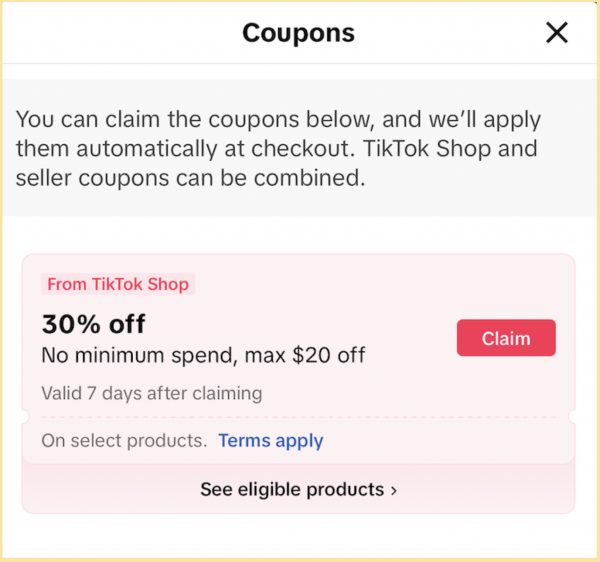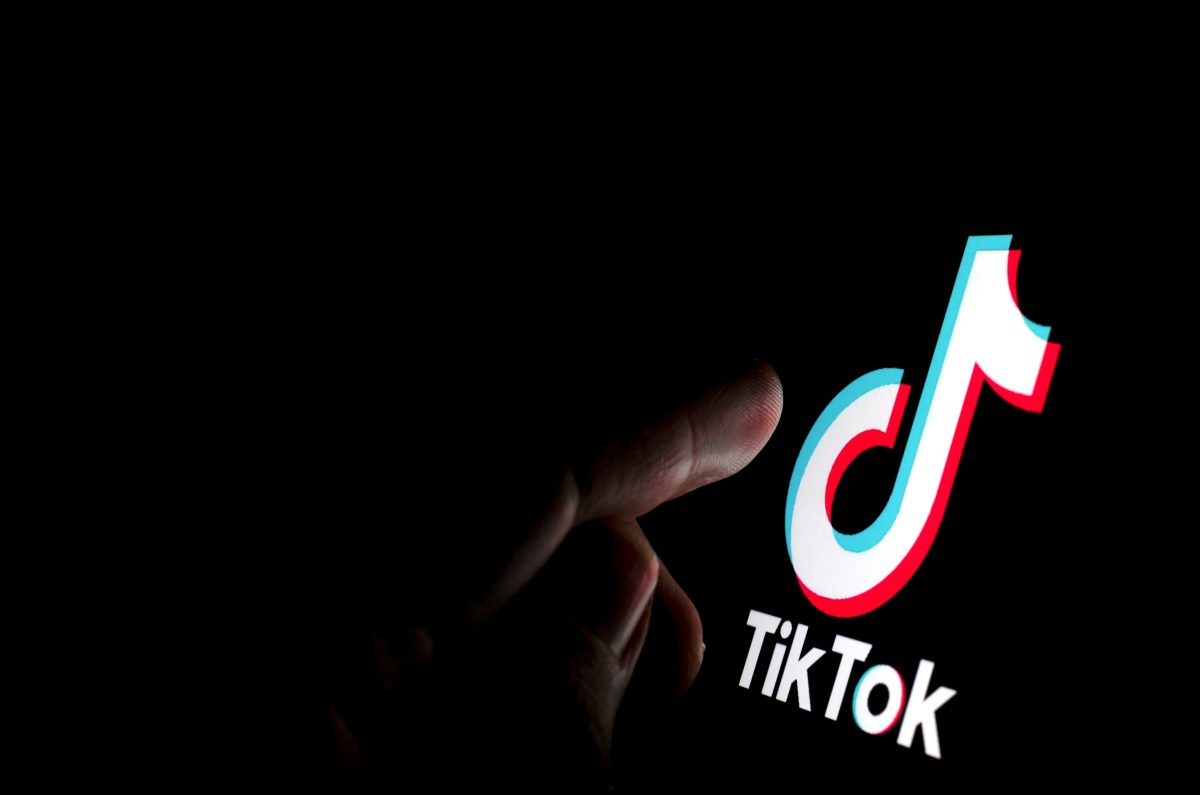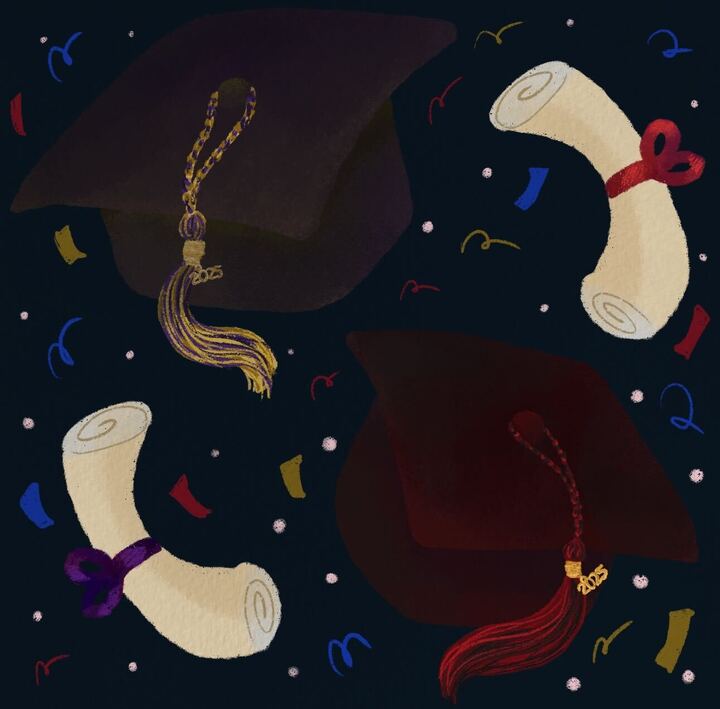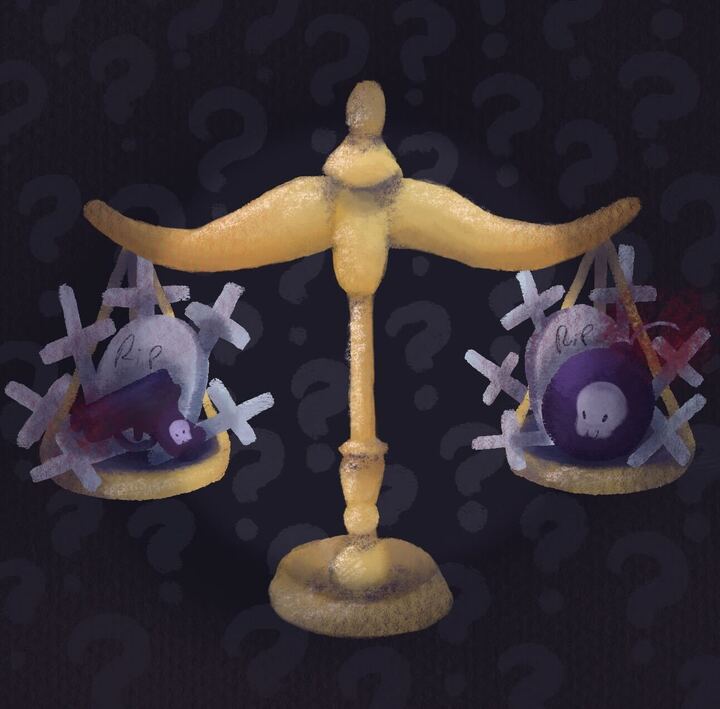TikTok’s new, and questionably original, shop feature is taking over the online marketplace for cheap goods, effectively degrading the environment even further.
The short-form video application that exploded during the pandemic has a track record of borrowing features from other social media and online platforms.
In the past, TikTok added stories, which are posts that last only 24 hours on a user’s account. These short-term uploads were originally Snapchat’s creation.
Live streaming website Twitch now faces competition with TikTok after the app added streaming capabilities for users that have over 1,000 followers. Instagram also boasts a similar feature, which is available to everyone.
TikTok has also copied Snapchat’s “Bitmoji” and Apple’s “Memoji” with its recent addition of custom user avatars that can be used as a profile picture for anyone’s account. Using your phone’s camera, you can upload a selfie, and the avatar will match the facial expression in the image.
Most recently, the TikTok Shop feature was introduced to the U.S. version of the app on Sept. 12. Put kindly, the tab draws a lot of inspiration from Amazon, as well as Shein.
TikTok has always showcased its fair share of ads and paid promotions by creators. Now, it seems like every other video is listed as a “paid partnership” in the fine print. With this new feature, users do not even have to leave the app to make purchases.
This new online marketplace has its own fulfillment centers, so products can be stored and shipped by TikTok instead of outsourcing to another company. The tab also allows users to search for specific products and generates product recommendations based on what it already knows from your video-watching habits.
Upon opening the shop tab, users are met with a pop-up urging them to claim a 30%-off coupon that is only valid for seven days and has no minimum spend limit. This creates a sense of purchase urgency and makes people excited that they are seemingly getting such a great discount right away. It also means that users can buy a cheap item for even cheaper, and in some cases, almost for free.

The tab fills the screen with red, eye-catching sale markers everywhere. It also provides free shipping for most items and tells you how many items have been sold so that users can gauge popularity and if they will be trendy for the season.
This is all too good to be true.
My suspicion is that these products always have deals and that they are always on sale. The items are only worth the sale price, but are tagged higher originally to trick people into thinking they are getting a bargain.
The extremely low prices also hint at unethical practices in manufacturing.
Fast fashion retailers like Shein and Temu create low-quality products to cater to fast-moving trends, just like TikTok has started to. These products are then discarded en masse when they go out of style or are thrown away when they inevitably fall apart after a few months.
Brands like these have been called out time and time again by environmental activists for harming the planet with their contributions to overconsumption. These companies have also been under fire for their mistreatment and underpayment of workers.
Somehow, TikTok has so far escaped any scrutiny for these controversial decisions. The billion users on the app might have something to do with it.
A smaller, less widely used company would be attacked for stealing ideas and contributing in large to climate change simply because they wouldn’t have the fan base to back up their shoddy actions. It is much more difficult to get people to stop using something once they have already started.
The app’s personalized “For You” page caters to a wide variety of interests and makes the app extremely addictive to young minds — not to mention that anyone can become a seller and receive commission for products they choose to promote.
Clearly, TikTok Shop is not revolutionary, and it is hurting the environment. I won’t choose to purchase from TikTok Shop. Will you?






